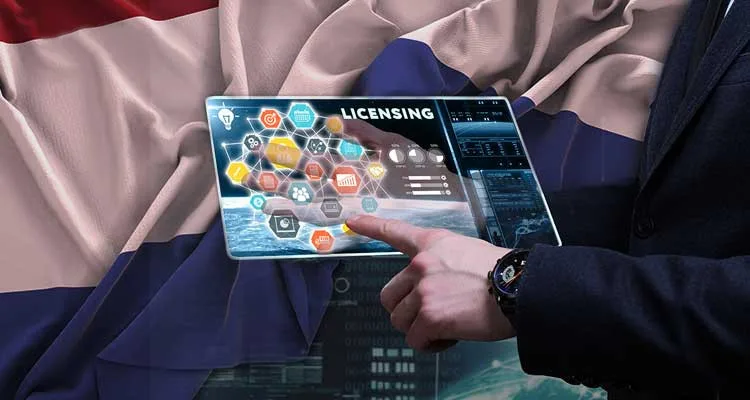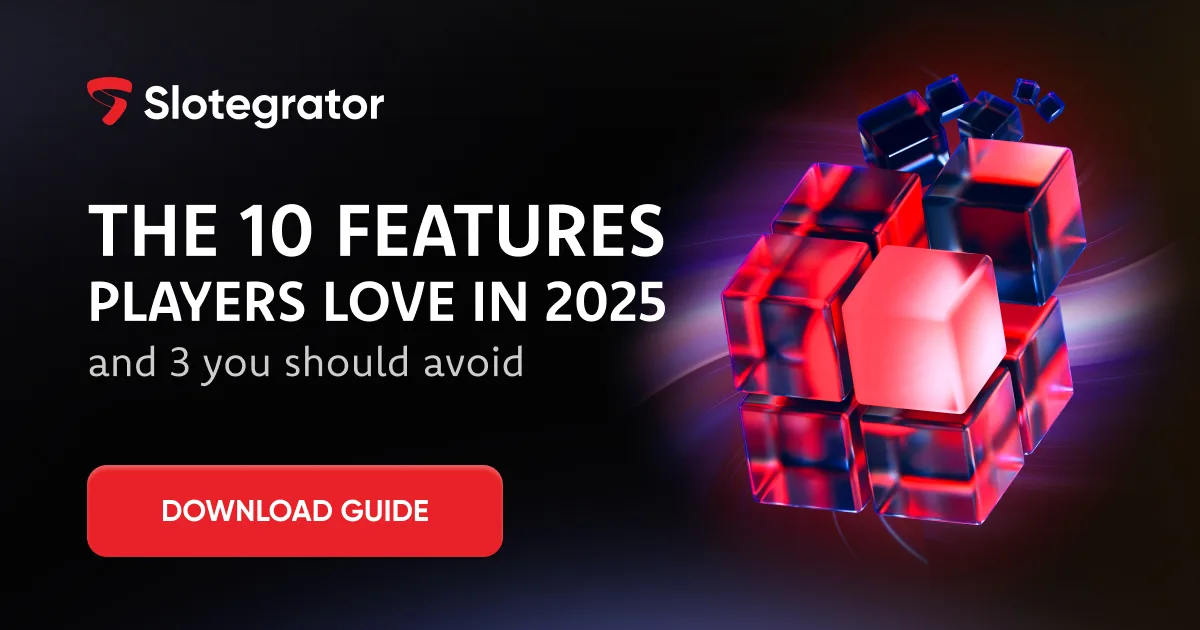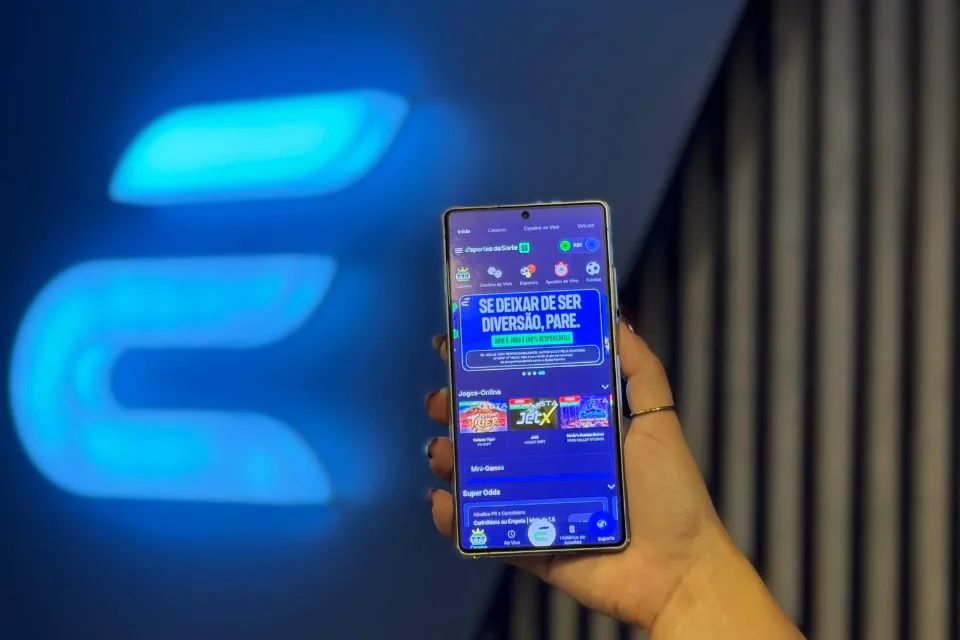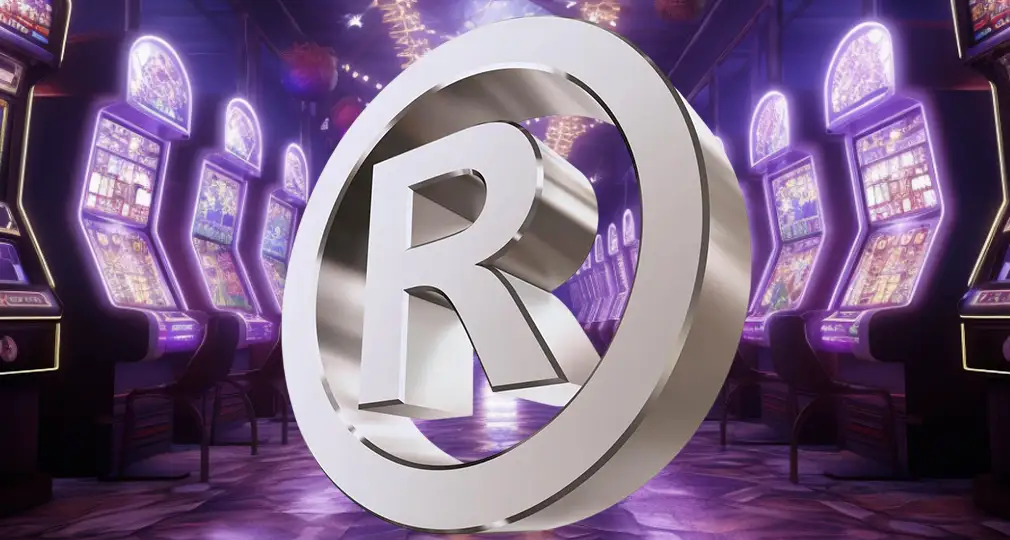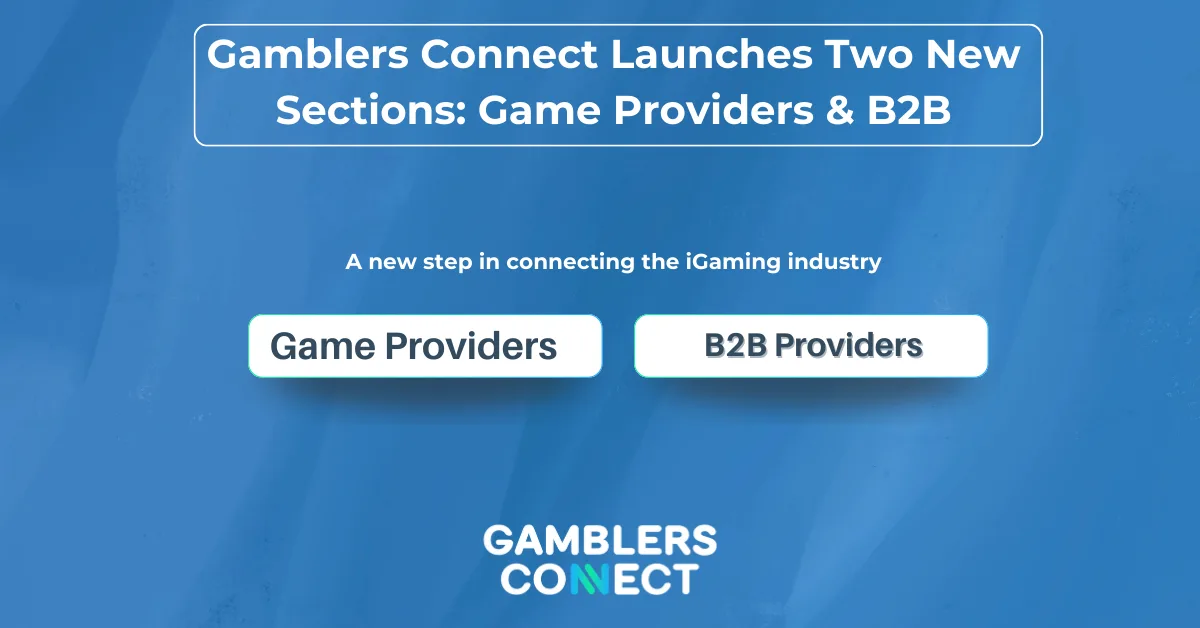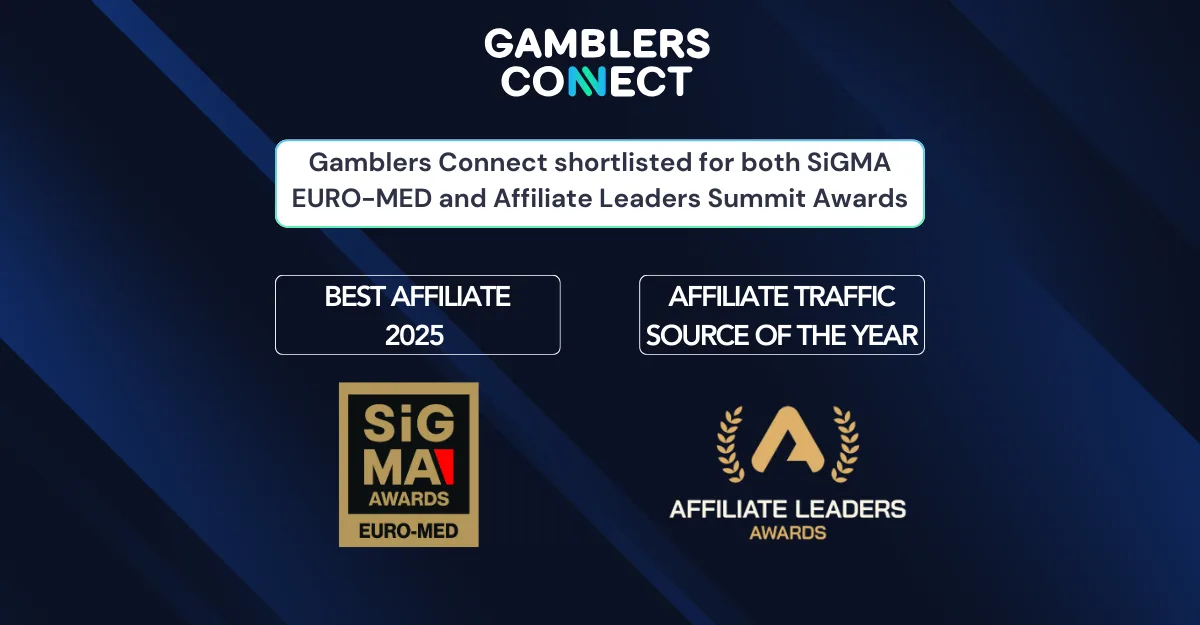The Netherlands gambling license is a rather specific certification that allows providing casino and betting activity in this country. That is a classic example of gaming permission, which is focused on the internal market only and ignores the opportunity to become an international gambling license centre.
What are the gambling traditions in the Netherlands?
While being a world-known country with legalised prostitution and some light drugs, the Dutch gambling legislation is one of the strictest in the world. It may sound a bit contradictory, but the government of this country is still making steps towards more limitations for casino and betting providers in order to protect the population from gambling addiction.
The first document related to gambling regulation was announced in 1961. It was the Betting and Gaming Tax Act (BGTA), which was designed to explain and determine the basic terms and principles of gambling. This document also claimed that winning a prize had the economic equivalent and value for the players, which sounded innovative in those times.
The next step towards gaming legislation was the Betting and Gaming Act (BGA), which was presented in 1964. This documentation widened the understanding of gambling principles, where the prizes were matched as the outcome of a player’s activity without any dominant influence during the process. The BGA also stated that gambling providers needed a specific license for their activity. 1964 may be regarded as the year of the foundation of gambling legislation in the Netherlands and its focus on the internal market.
The next important event occurred in 2000 when Slot Machine Regulation and Slot Machine Decree were announced. Those documents proved that the Kingdom of Netherlands had reacted to the world trends in gambling and developed regulatory documentation for new kinds of gaming. What is interesting, the next valuable legislative change was in 2019, which confirmed that the Dutch government had a serious approach to gambling regulation through their history.
Before explaining the Remote Gaming Act (RGA) of 2019, we have to mention that there were several additional documents and decrees that clarified the situation inside the gambling industry. Thus, the Netherlands adopted the regulation of recruitment and advertising practices, while was also paying attention to the addiction and fining policies towards rules violators.
Another vital date to mention was April 1, 2012. This day the Netherlands Gaming Authority (NGA) was announced and granted vast powers to manage gaming situations in the state. In the Dutch language, it is called the Kansspelautoriteit (Ksa). This governmental structure has a supervising and regulating influence on the current gambling operators, and is the primary figure in providing new legislation practices.
The most recent changes to the legislation in the regarded country were made in 2019 with the announcement of the RGA. As the current Netherlands gambling license means permission to only 14 offline gambling providers which can operate in the country, the issue of suitable online casinos and betting has arisen significantly in the last couple of years. People love using their digital devices for entertainment, which has led to an increase in available but illegal online gambling platforms that can be met in the state. The appliance of fines and blocking practices seems to be an ineffective step: while one online casino is blocked, two new can appear.
All these aspects have led to the appearance of RGA, designed to create definite laws and permission for online gambling firms.
The situation with a gambling license in the Netherlands in 2024
As of today, the NGA divided all the offline gambling firms inside the Netherlands into four big groups, according to the type of their activity:
- lotteries;
- sports betting;
- casinos;
- slot machines.
There are 14 offline legal firms that are present on the Dutch gambling market in the middle of 2020, which are stated in the table below.
| Sector | License |
| Lotteries | Dutch State LotteryHolding Nationale Goede Doelen LoterijenSamenwerkende Non-Profit loterijenLottovateFair ShareImpact Lottery |
| Sports Betting | De Lotto (Toto)Sportech Racing B.V. (Runnerz) |
| Casinos | Holland Casino (casino slot machines) |
| Slot machines | Holland Casino (casino slot machines), arcades, bars, restaurants |
However, the appearance of the Remote Gambling Act forced the NGA to implement changes into the list of gambling types. After the adoption of the RGA, the list of online gambling activity types will be the following:
- playing against the casino (games that use random number generator);
- playing against other punters, using the casino’s rules and commission;
- bookmaking activity related to sports events;
- bookmaking activity related to specifically horse racing.
The Remote Gambling Act review
Despite the fact that the Remote Gambling Act has no clear dates of entering into force, the primary initiatives and changes that will be implemented have become clearer. According to Ksa, the major conditions that forced to the RGA’s appearance were the following:
- legalise online Gambling in the Netherlands as part of a general gaming strategy;
- provide more regulation concerning gambling addiction and players’ risky behaviour;
- allow the NGA making audition of online gaming providers via specific databases for detecting possible laws’ violations;
- make online gaming safer for the players in terms of payments and controversial situations resolving;
- control the related activity of online casinos and bookmakers like compliance with advertising requirements.
According to Ksa predictions, the RGA will be officially adopted at the beginning of 2021, while the first valid licenses for online gaming will be approved in the middle of 2021. The Remote Gambling Act is one of the most expected legislative documentation in the Netherlands as it will open broad opportunities for the digital gambling market.
What is interesting, the Dutch punters are using online casinos and poker illegally, which leads to three negative outcomes:
- Players are unprotected and have increased chances to lose money without any possibility to argue.
- The government doesn’t receive any funds and taxes because of illegal gaming and has to spend additional costs for detection and stopping online gambling activity.
- Uncontrolled digital gaming increases the negative players’ behaviour and addiction.
What is the cost of the Netherlands gambling license?
Fees, taxes, and limitations for offline gambling in the Netherlands
Actually, the situation with RGA approval shows that the issue of gambling is a bit weird in Holland. As it was mentioned above, there are only fourteen offline gambling firms that operate in the country, and it’s rather hard to join this group. The Dutch legislation was pretty conservative towards new gambling operators until 2016.
That was a year when the Amsterdam District Court made it possible to receive a semi-permanent offline gaming certification for other parties. Even though the NGA holds the final decision on giving the license or not, it was some kind of a breakthrough. Now, a legal entity headquartered in the European Union or European Economic Area can pretend and receive a license for providing the non-accidental game of chance on the Dutch territory. In this case, a potential casino holder should be ready for the following fees and taxes (depending on the total amount of prizes):
| Application fee amount | Minimum prize amount | Maximum prize amount |
| €226 | More than €4 500 | Less than €45 000 |
| €907 | More than €45 000 | Less than €450 000 |
| €1 588 | More than €450 000 | Less than €4 500 000 |
| €2 268 | More than €4 500 000 | Unlimited |
What relates to the recent limitations in offline gambling, the Dutch legislation provides rather strict control over the stake’s amounts. Also, there are plenty of specific demands towards the gambling provider in terms of players’ age restrictions or unusual betting slots requirements:
- For casinos – stakes between €5 and €1000, an additional one game with a maximum bet of €2.
- For slot machines – the biggest stake €50, no more than €150 can be spent in one game, 3 seconds delay between the games, and the prizes contribution rate is no less than 80%.
- For state lottery – no more than 69 lottery draws annually, no more than €30 for one ticket, only legal online/retail shops for ticket sale.
- For Lotto – no more than 600 games per year, maximum ticket value €30, maximum €100 spending if the player uses digital gaming.
- For sports betting – less than 7 800 bets can be made by one player per year, €1000 limit for one bet, maximum one player weekly deposit of €1000 for 24+ and €100 for younger individuals.
- For horse-race betting – no age limits (compared to sports betting), multiple players maximum stake less than €1000, single-player maximum stake less than €250
- For instant lottery – maximum ticket cost is €30, no more than 120 000 000 lottery tickets annually via both offline and online retail
- For non-incidental games of chance – less than 69 draws annually, half of the ticket sales must go to good causes, the maximum ticket price is €30 for both offline and online retail
That is a list of the requirements for offline gambling in the Netherlands. The potential casino or bookmaking firm holder should know that the NGA can give a gambling license maximum for five years. Also, this Dutch organisation can compel to pass a rather tough integrity test before giving a certificate or even during the license holding process and refuse or terminate cooperation. However, the NGA doesn’t require any previous gambling experience.
Fees, taxes, and limitations for online gambling in the Netherlands
While the internal and international gambling firms wait for the RGA adoption, Ksa has presented the list of requirements towards future online casinos and bookmakers. In general, it can be regarded as the broadened list of demands towards offline gaming providers, which includes new opportunities related to the digital origin of new services. It means that providing a control even after an online casino with unusual slots or a bookmaker with esports betting specifics will be much easier due to the fully digitalised process of their activity.
Returning to requirements, a potential owner of the Netherland online gambling license has to:
- live or has an office inside the EU or EEA;
- possess a representative in Holland, who is a professional in terms of gambling addiction and its prevention;
- pass integrity assessment process and ensure the NGA that every aspect of the new online gaming portal is fine;
- pay a €45 000 fee for passing the application process and related taxes.
The first point of the list above is, actually, a traditional element of receiving a gaming certificate. Even countries that suggest international gambling licenses insist on opening an office inside the state that is giving permission. In regard to the Dutch demands, this item is not even so strict as it is in other gambling license destinations.
The second point also belongs to traditional requirements as it ensures that the NGA can fastly contact a representative of the gaming platform. Of course, narrow expertise in gambling addiction is not the widely used practice in other countries, but it confirms that the Dutch legislation towards gaming is tough and focused on the players and their safety instead of providers.
The need to pass an integrity test is a rather hard process as it accomplishes multiple tasks. Thus, it ensures the NGA that the applicant is not related to any criminal past, doesn’t have fraudulent tendencies in his or her behaviour, and understands all the major gambling procedures along with legislative requirements. This step gives Ksa a possibility to disallow license receiving or even termination of the cooperation after gaining the certificate.
The financial aspect shows that the Netherlands is carrying about its citizens as only the application process costs €45 000. There are no warranties that the applicant will pass the procedure successfully, which can scare some of the possible contenders.
The taxation structure for online gambling companies is a little different compared to offline providers. Thus, owners of digital casinos and bookmaking firms must pay 29% GGR gambling tax and 1.5% GGR gaming levy. The additional 0.25% GGR is another obligatory payment that is paid to the fund that helps to prevent addiction.
What should a potential business owner have before opening online gambling in the Netherlands?
Clear business plan with detailed marketing campaigns
As the Netherlands has rather strict legislation conditions towards gambling providers, one should be well prepared. Thus, the owner of an online casino or a betting company has to develop an advertising strategy that will meet the requirements of the government, which restricts active media promotion during the day time. In general, one has to analyse the target audience, when and how it will be influenced, and other related conditions due to the country’s specifics.
Appropriate hardware and software
Choosing a suitable software for a casino or bookmaking firm is another important aspect. The owner should be ready for the technical elements like the local internet traffic conditions, database and server limits of his/her gaming website, and so on.
The diversity of the payment methods
It is also among the crucial questions, especially for the online gambling provider. The variety of depositing methods shows the overall level of the gaming firm. For instance, companies that do not provide the ability to deposit via cryptocurrency are perceived as backward and unreliable. Amid the traditional payment methods must be Visa/Mastercard, PayPal, iDEAL, Paysafecard, and others.
An extensive list of available slots, casino games, and betting options
That is a rather tricky element of preparation as the Dutch governors have set definite spending limits and conditions to protect their citizens from gambling addiction. One can look at the situation in offline gambling to be ready to meet the requirements. Although the limitations are rather severe, a gambling provider should present to the online audience a huge variety of slots and casino games, which should work and look perfectly both on PC and smartphone. In essence, it is another element that proves the credibility of the gaming firm.
All the preconditions to pass an integrity assessment
The integrity test is a core element in receiving a gambling license in the Netherlands. Despite the fact that the potential business owner must meet all the legal conditions in terms of crimes and financial operations, he or she can be refused from receiving certification. The applicant has to have a desire to follow all the rules and requirements presented by the Dutch government, and show that he or she respects the steps the NGA makes to protect players.
Read more: Best iGaming Aggregators








